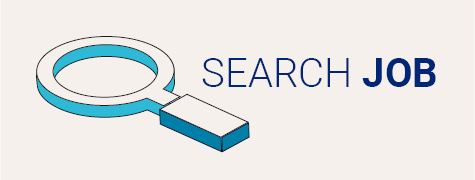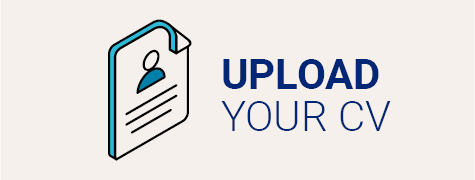
How to make the most
of a job interview
Interview can be stressful - particularly second interviews but preparing for them will boost your confidence and help you to show interviewers what you can offer their organization. No matter how well-qualified you are for a job, your personality and presentation at interview are very important. Whatever your confidence levels, you can develop and practice the skills that are needed to succeed in interviews.
Get organized – be prepared
- Know who it is you are meeting, where the building is and how to get there
- Bring your contact details, spare CV, pen and notepad
- Have information ready to impress the interviewer with your research
- Do your homework – find out about the company, read trade magazines, visit competitors' websites, etc.
- Study the job specification, match it to your CV so you can provide evidence that you meet the criteria
When they are asking you questions
Relax and imagine you're having a conversation with a friend. People get so caught up in their feelings they forget to listen to the questions; slowing the pace will help you hear the questions and answer them correctly. Before you respond to more difficult questions, think about your answers and how you want to express them. This will help you speak more confidently. You could practice talking slowly and evenly before you go. Record your answers and listen to your pace and tone. Body language demonstrates how comfortable you are with your subject matter.
If you're enthusiastic about what you are saying, smile and let your hands do the talking If you said something you did not mean and are worried it could damage your chances, rectify this by restating what you actually meant. Don't hold back, it could be your only chance to get the point across. Be factual and honest about your strengths and weaknesses. Show that you recognize your weaknesses and that you are striving to improve them. If you get stuck on a question, do not dwell on it for too long but politely ask if you can come back to it later.
When you have the opportunity to ask the interviewer questions
Some questions that may be appropriate to your interview include:
- What are the other people in the department like? How would their roles impact on mine?
- What would my core responsibilities be?
- What training or induction is given?
- What sort of one-off projects might I be given?
- How much interaction would I have with other departments, or with clients/suppliers?
- What scope is there for taking on extra work, or being involved in any other aspects of the company?
- What plans do you have for expansion and how would these impact on my role?
- Where are the opportunities to progress within the company?
Your first impression
Remember that you're making an impression as soon as you walk through the door. Be courteous to everyone, from the Receptionist to the MD – you never know who might influence the final selection of candidates, or even the job winner. Look at all interviewers (if a panel) when greeting them, smile and carefully remember their names so you can address them throughout the interview. If the sun is in your eyes or the chair is wobbly etc. say something rather than squirm and fail to concentrate.
There may be an explanation of how the process will continue. If not, ask. Try to find out when you should hear back but do not be pushy as some recruiters will not want to commit themselves to timescales until they have had time to consider all candidates. Make sure the appropriate people know where you can be reached. At the end, thank your interviewer for his or her time and shake hands. Remember to say a personal goodbye to each person you talked to. Do not forget to acknowledge the receptionist as you leave, particularly if you have been looked after while waiting.
Post-interview
Call your recruitment consultant and let him or her know how it went. Your consultant is employed by the company to liaise with you, and can also handle any queries or objections raised, or persuade the employer to wait while you supply more information. Some interviewers may give you their direct line in case you have any further queries. Take advantage of this if necessary but do not overdo it. Allow a reasonable amount of time before getting in touch. At least 24 hours. Write a letter confirming your interest and thanking the company for its consideration. A timely but subtle reminder like this could pay dividends.
For more career advice, visit Hays Social or contact us and we will be happy to assist you.

SEARCH FOR JOBS
Want to take the next step in your career? Click here and see what vacancies we currently are recruiting for.

REGISTER YOUR CV WITH HAYS
Upload your CV to our database, so we can help you finding the next step in your career.
